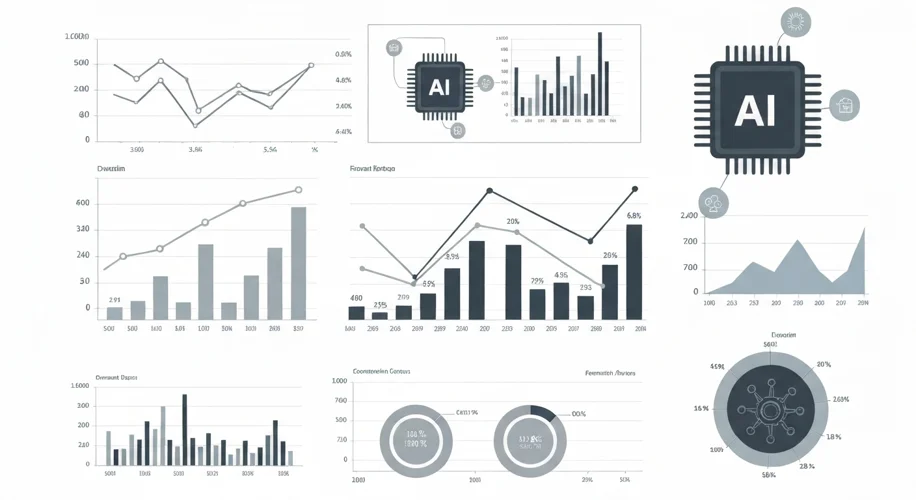It feels like we’re constantly hearing whispers about a potential recession. As someone who’s spent decades in the tech world, I’ve seen economic cycles ebb and flow, and the current indicators are definitely worth paying attention to. Today, September 3rd, 2025, many economists are flagging signals that suggest we could be heading into a slowdown.
What are these signals? Think about things like rising interest rates, persistent inflation that’s proving sticky, and softening consumer demand in certain sectors. Businesses are also starting to talk about tighter budgets and cautious investment plans. It’s not a definitive doomsday prediction, but it’s a strong enough signal that warrants careful consideration.
Now, how does technology fit into all this? Technology is a fascinating, double-edged sword when it comes to economic downturns. On one hand, it can be a powerful tool for mitigation. Companies that adopt automation, improve efficiency through data analytics, or leverage AI for better resource management can often weather storms more effectively. Think about how cloud computing allows businesses to scale resources up or down as needed, reducing fixed costs during lean times. Or how AI-powered insights can help companies identify new revenue streams or optimize existing ones, even when the overall market is struggling.
However, technology can also exacerbate recessionary impacts. Automation, while efficient, can lead to job displacement, potentially increasing unemployment and reducing disposable income for a significant portion of the population. The concentration of wealth and power in a few tech giants, while driving innovation, also raises questions about economic resilience. If key technological infrastructure or services are controlled by a small number of entities, a disruption could have widespread consequences.
Beyond the economic mechanics, there’s a crucial societal dimension to consider. How do we prepare ourselves, as a society, for the potential impacts of a recession, especially one that might be influenced by rapid technological change? This involves thinking about education and reskilling programs to help workers adapt to evolving job markets. It means fostering a safety net that can support those who are most vulnerable to economic shifts.
From my perspective, the key is not to panic but to be informed and proactive. We need to encourage a thoughtful approach to technological development that prioritizes not just efficiency and profit, but also societal well-being and stability. This means asking the hard questions: Are we building technologies that create more resilient economies, or are we inadvertently sowing the seeds for greater instability? Are our policies keeping pace with technological advancements, ensuring that the benefits are shared broadly and the risks are managed effectively?
As we navigate these uncertain economic waters, understanding the interplay between economic indicators and technological advancement is more important than ever. It’s a complex landscape, but by engaging with these issues critically, we can better prepare for whatever the future holds.

